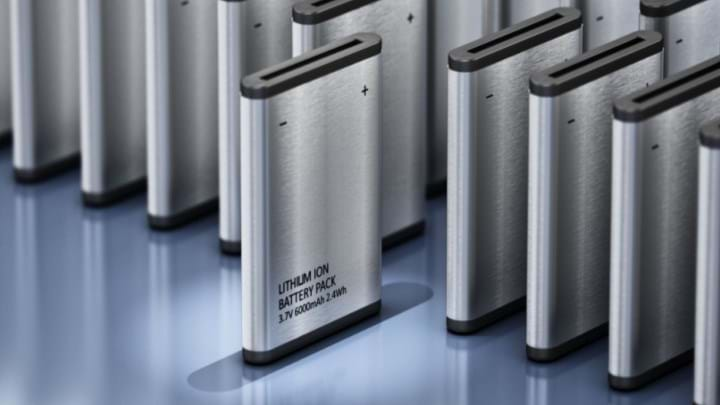£27m to boost the UK’s battery industry

THE Faraday Battery Challenge has awarded £27.6m (US$33.2m) in funding to support 17 firms working on cutting-edge battery innovations in the UK.
Established in 2017, the Faraday Battery Challenge is a £541m initiative aimed at helping to develop a UK battery technology industry that is high tech, high value and high skill.
The challenge has already supported over 140 organisations working across the UK, including Brill Power with its project BABE (Battery management control system for Advanced Battery Engineering), and a joint project between Rolls Royce and Imperial College London called ATTESTS (The Automotive Technology Transfer of Energy Storage Thermal Strategies.
The Faraday Institution is the research arm of the Faraday Battery Challenge and funds projects such as CATMAT, which is developing next generation lithium-ion cathode materials, and SafeBatt, a research project researching the science of battery safety.
The challenge was supposed to run until 2022, but has now been extended until March 2025 after an extension was granted last year.
Some of the recipients of the latest funding round that involve Faraday Institution researchers include: The HISTORY– The HIgh Silicon content anOdes for a solid-state battery project; REBLEND, which aims to further develop three processes to directly recover valuable cathode active materials (CAM) from production scrap and end of life automotive and consumer batteries for reuse in automotive batteries; About:Energy will focus on further developing their database of battery model input parameters known as the Voltt; and OXLiD which is leading a project to accelerate the development, scale-up and commercialisation of quasi-solid-state lithium-sulfur (Li-S) batteries.
Pam Thomas, CEO of the Faraday Institution, said: “The Faraday Battery Challenge is working as intended to marry research, innovation and scaleup to deliver positive impact for the UK. The 17 projects announced by [the government-funded research council] Innovate UK today will help create a thriving and profitable UK battery development and manufacturing industry.”
The Faraday Battery Challenge also involves the Coventry-based UK Battery Industrialisation Centre (UKBIC). Described as a pioneering concept in the race to develop battery technology for the transition to a greener future, UKBIC says its £130m facility “provides the missing link between battery technology, which has proved promising at laboratory or prototype scale, and successful mass production.”
UKBIC has supported several companies to achieve their development milestones including AMTE Power, Ilika, a spin-out from the school of chemistry at the University of Southampton which specialises in solid state battery technology, and the embattled firm Britishvolt which recently went into administration.
Correction: this article originally said that the Faraday Institution awarded £27m in funding, however it was the government’s overarching funding agency UK Research and Innovation (UKRI). It also said the CATMAT and SafeBatt projects were funded by Innovate UK, however these are funded by the Faraday Institute. Finally, the Faraday Battery Challenge was described as being headquartered at the Harwell Science and Innovation Campus, Oxford. It is the Faraday Institute, not FBC that is headquartered at Harwell.
Recent Editions
Catch up on the latest news, views and jobs from The Chemical Engineer. Below are the four latest issues. View a wider selection of the archive from within the Magazine section of this site.




